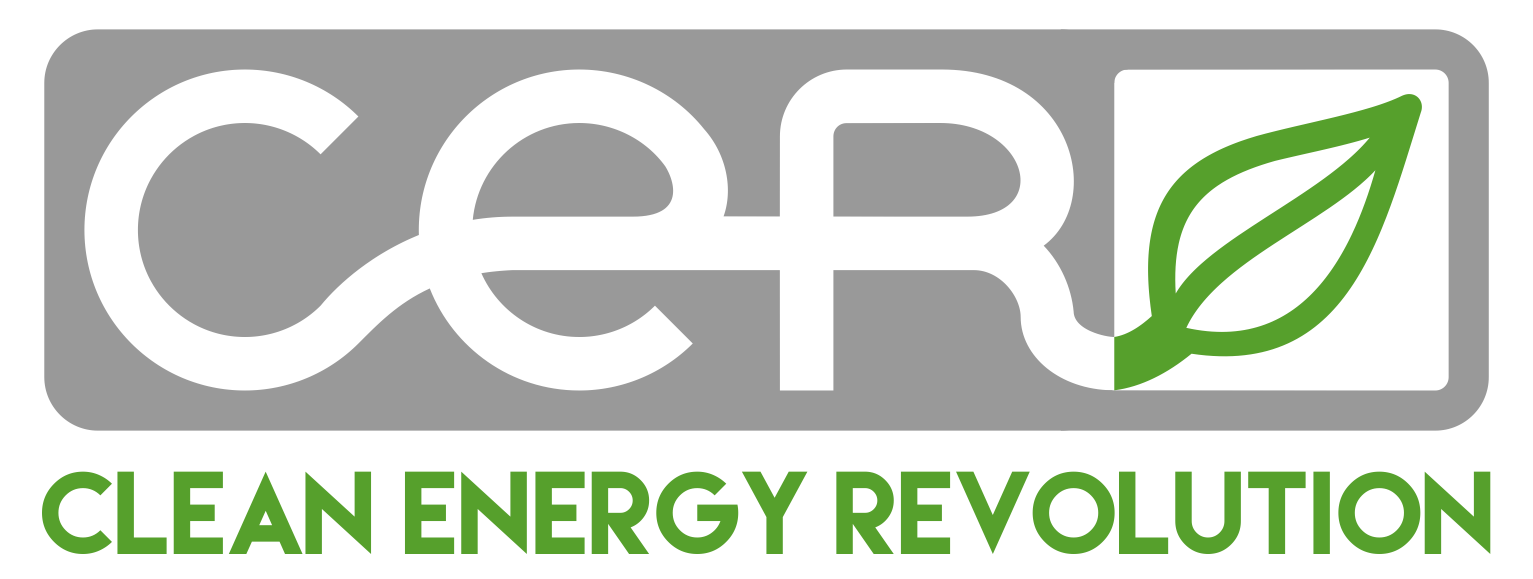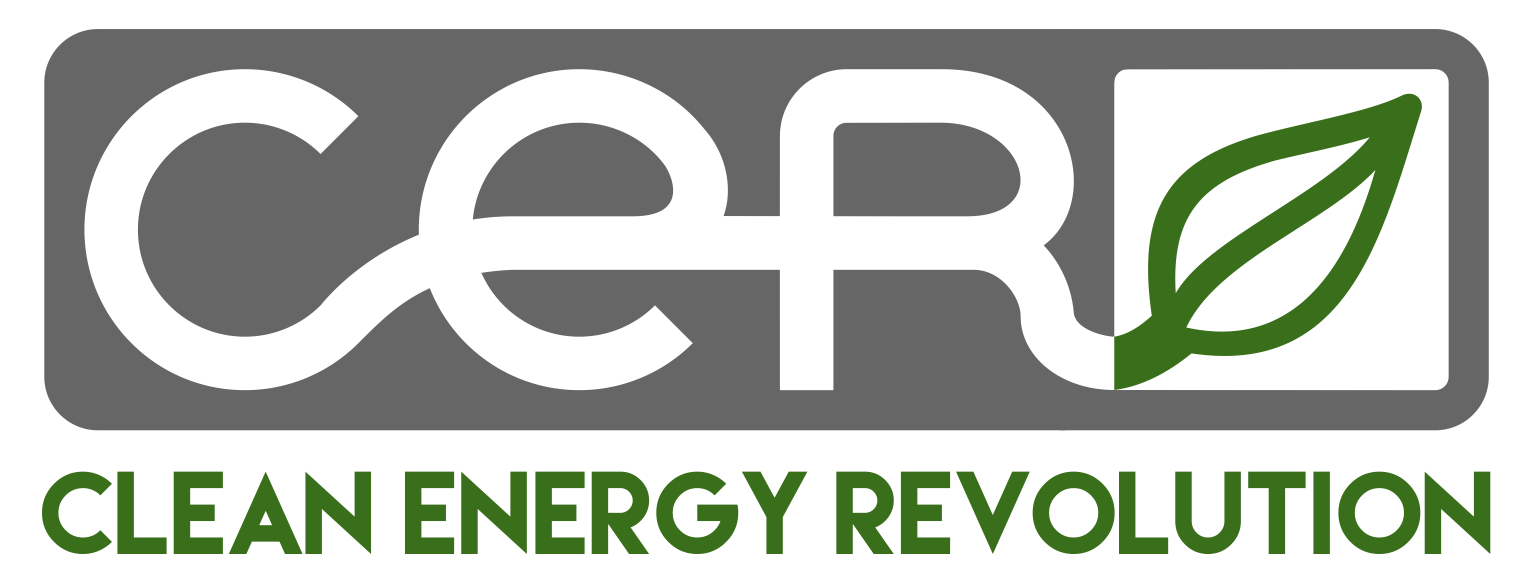Spalanie i współspalanie
Combustion
Combustion is a fundamental source of thermal energy. This energy can be used directly (e.g. for drying), for heating water (central heating) or steam production (for generation of electric power). Parameters of the combustion process are crucial for optimal conduction of industrial processes requiring heat supply. We offer several, both general and specialist workshops concerning combustion processes, with particular emphasis on heat and power generation.
| Combustion |
|---|
|
| Fuels |
|---|
|
Co-combustion
Current regulations on renewable energy sources have resulted in developed of a new branch of industry – the so-called OZE industry (English: RES, Renewable Energy Sources). Up till now, the most popular way of producing “green” energy (that is energy, which allows for issuing and sale of green certificates of origin) is co-firing of biomass and hard coal. A majority of modern boilers is equipped with furnaces for pulverised coal which allow for combustion or co-combustion of biomass.
| Co-combustion of biomass |
|---|
|


